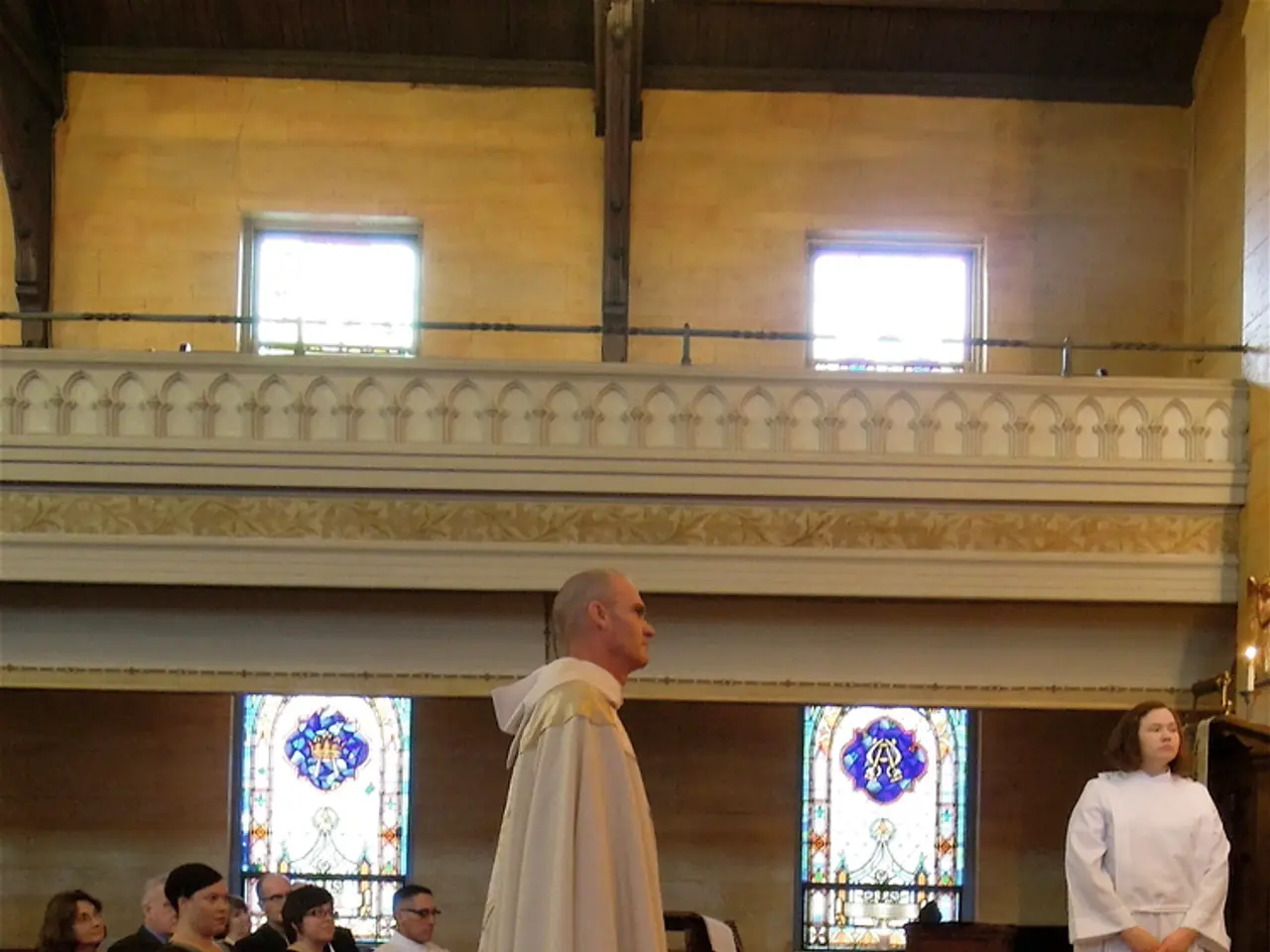Downton Abbey's Final Chapter: Exclusive Chat with Writer, Director, and Producer Julian Fellowes
In the world of literature, film, television, and theatre, Julian Fellowes stands as a British titan. Known for his Academy Award-winning screenplay for Gosford Park and as the creator and writer of Downton Abbey, Fellowes has also penned novels such as Snobs and Past Imperfect, and contributed to stage musicals like Mary Poppins and School of Rock.
The inspiration for Downton Abbey came after the success of Gosford Park. Seeking to explore the lives of aristocratic families in a similar setting, Fellowes crafted a story that would captivate audiences worldwide.
The cast of Downton Abbey was nothing short of exceptional, with first choices on all roles, a clear sign that they were onto something special. In the third film, Noel Coward, played by Arty Froushan, joins the cast as a theatre star and playwright embodying the new wave of media celebrities, interested in using the drama at Downton Abbey as material for his plays.
At the start of the film, the Crawley family and the staff are still living in Downton Abbey, experiencing changes in their relationships with servants and ordinary people in the village. Every generation reinvents how great houses like Downton Abbey are lived in, and the film shows this through the new ways Andy and Daisy take over from Carson and Mrs. Patmore, respectively.
The film includes a social event like Ascot to show the contrast between the old and the new world, as well as the Crawleys' attempts to adapt to the changing times. Noel Coward's character is included in the film because he captured the mood of the period he was living in and understood what entertained his audiences, providing a benevolent modernity that doesn't threaten the Crawleys.
Downton Abbey was initially made at a time when most people thought period drama was dead and had no real audience. However, the American audience played a significant role in the success of Downton Abbey, as it changed everything and allowed the show to be shown all over the world. American sensibilities had a significant impact on England at the time, with American women expressing opinions and loosening up society in a way that English women didn't.
Fellowes wrote Downton Abbey for television at the request of Gareth Neame, the producer of Gosford Park. The head of drama at ITV, Peter Fincham, ordered a pilot and then commissioned the series. Fellowes wanted a group of characters with varied circumstances, both above and below stairs, to give the series an upward energy.
The household's facade of happiness conceals the reality of what is going on behind it, as divorce makes all that very public. Mary's divorce in the film serves as a dramatic way of showing the household and family living in a different world, as divorce was not widely accepted at the time.
Fellowes wanted to bring Downton Abbey back for a third film to explore how families like the Crawleys, who survived into the modern world, had to redefine themselves and adapt to the new way of things. With the third film, Fellowes continues to weave a captivating tale of love, loss, and the evolution of society in the early 20th century.








